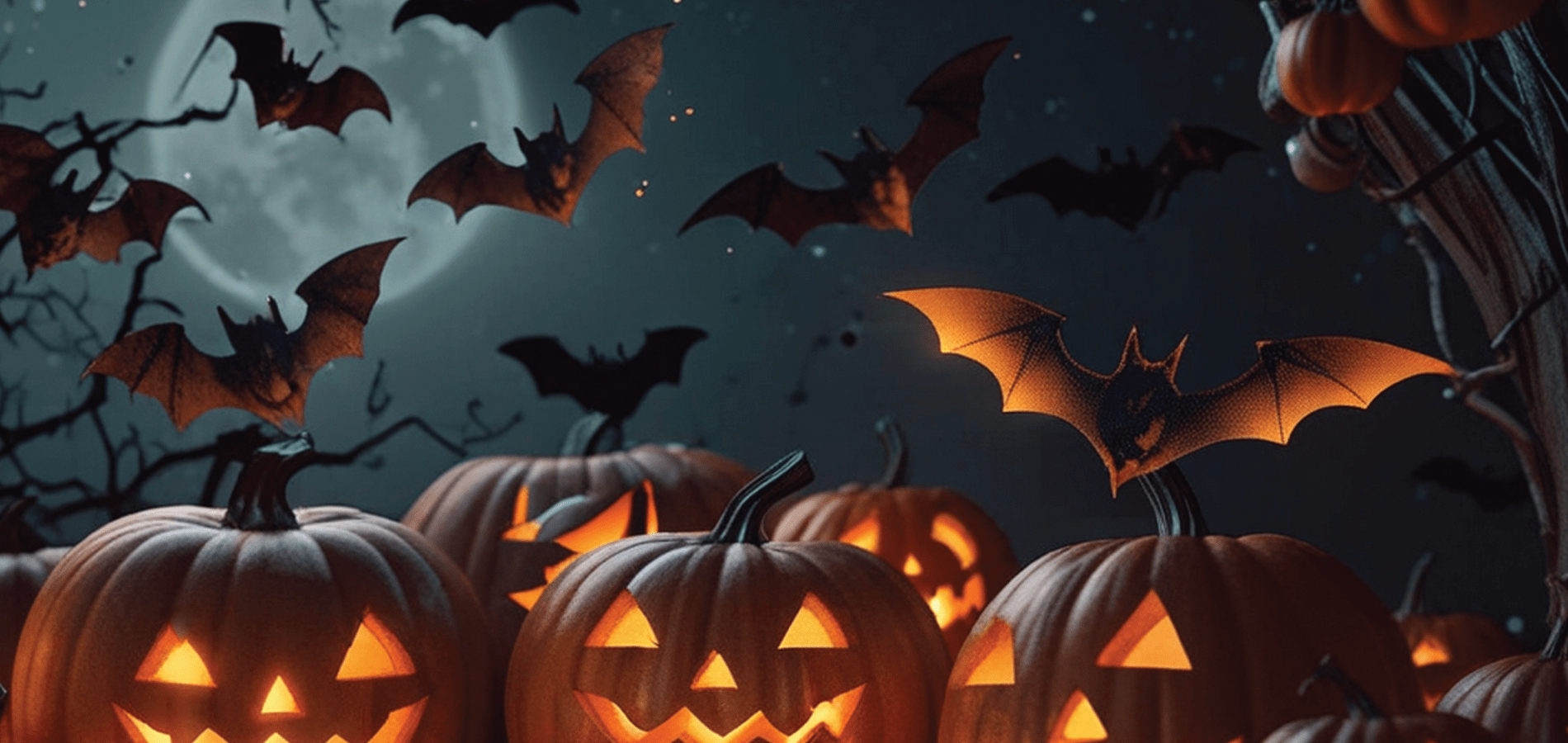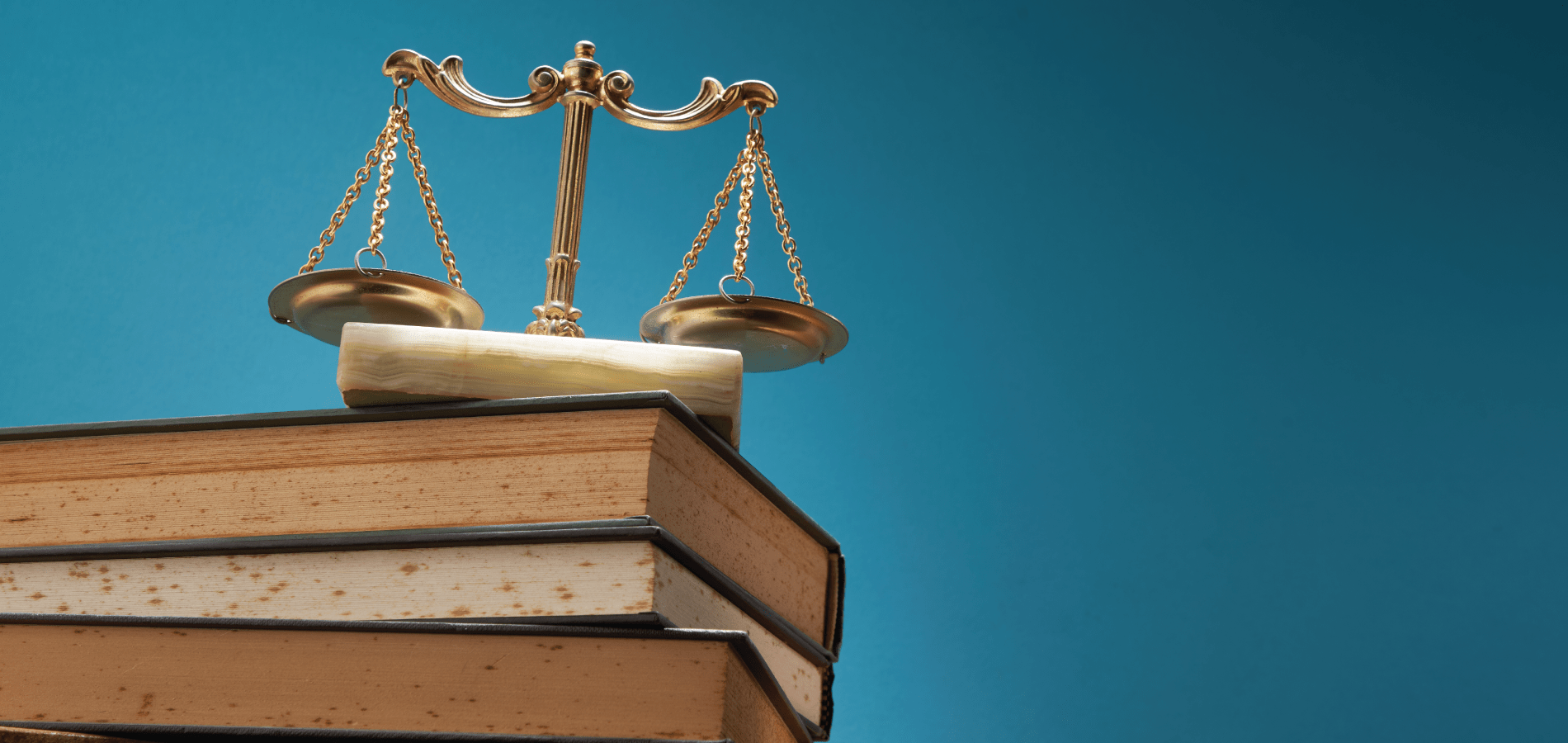You left your laptop at my apartment, straight from the tortured researchers department.
I think some things I never say, like who uses West or Lexis anyway?
Now I’m down bad, crying at the library. Everything feels like a cold February.
HeinOnline is one hell of a drug, HeinOnline can I search you up?
Now Swifties, I’m calling out to you. Fresh out the Law Journal Library, here are some poems to peruse.
Poetry and the Law
Wallace Stevens
Wallace Stevens, an American poet who was also a lawyer, wrote poetry for over four decades beginning in the early 1920s. Some argue his poetry was not related to law at all, while others say it played a big part. He once wrote in a letter, “The reason (like the law, which is only a form of the reason) is a jealous mistress.”[1]Thomas C. Grey, Hear the Other Side: Wallace Stevens and Pragmatist Legal Theory, 63 S. CAL. L. REV. 1569 (1990). This article can be found in HeinOnline’s Law Journal Library One of his famous poems, “The Snow Man,”[2]Tim Nolan, Poetry and the Practice of Law, 46 S.D. L. REV. 677 (2001). This article can be found in HeinOnline’s Law Journal Library has often been interpreted as the feeling of being present and absent at the same time. The poem asks if we can look at the world without letting our feelings influence what we see.
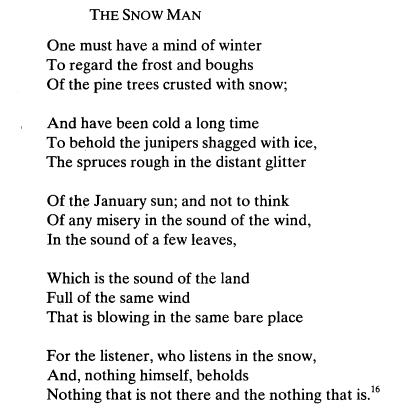
Melville Weston Fuller
Melville Weston Fuller, a poet, served as the eighth chief justice of the United States from 1888 until his death in 1910. His mother, Catherine, dedicated her life to ensuring her sons received an education. In a poem titled Remorse, Fuller conveys the emotions he grappled with following his mother’s untimely passing[3]Todd C. Peppers & Mary Crockett Hill, “Destructive to Judicial Dignity”: The Poetry of Melville Weston Fuller, 46 J. SUP. CT. HIST. 148 (2021). This article can be found in HeinOnline’s Law Journal … Continue reading and her inability to witness his enrollment at Harvard Law School.
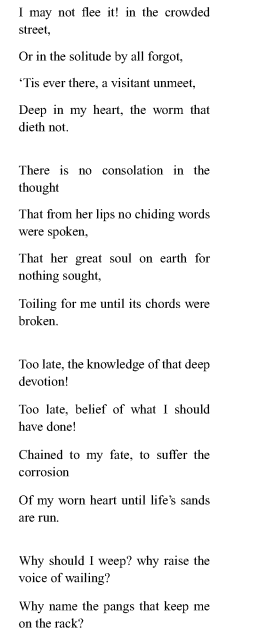
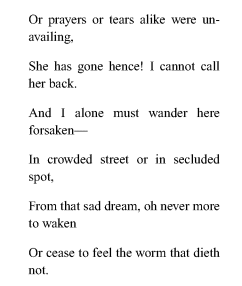
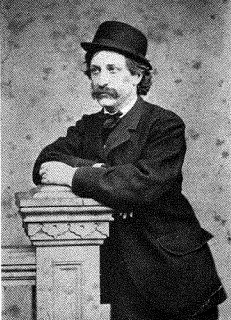
Ben Jonson
Ben Jonson, the fiery English playwright and poet who wrote during the 16th century, didn’t shy away from controversy. Renowned for his biting satire aimed at lawyers and even critiquing the great William Shakespeare, Jonson was an instigator of both personal and political discussions. In the poem An Epigram to the Counsellor that Pleaded and Carried the Cause, Jonson emphasizes his complaints about lawyers.[4]Michael Stanford, Poets on Lawyers, 27 LAW & LITERATURE 49 (2015). This article can be found in HeinOnline’s Law Journal Library
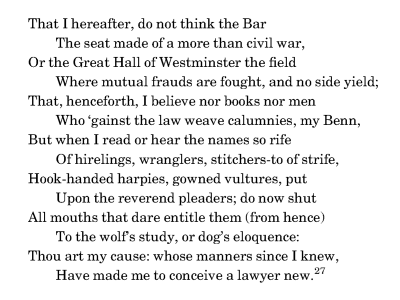
William Blackstone
William Blackstone, a literary prodigy, authored numerous poems and short pieces. But you might know him as the author of Commentaries on the Laws of England (1765-1769). Many historians contend that the poem “The Lawyer’s Farewell to his Muse“[5]William Blackstone, A Lawyer’s Farewell to His Muse, 2 LAWY. SCRAP BOOK 24 (1909). This article can be found in HeinOnline’s Law Journal Library signaled a pivotal moment where poetry and the law parted ways. Some even say it helps us understand his culture and its influence on the Commentaries of the Laws of England.
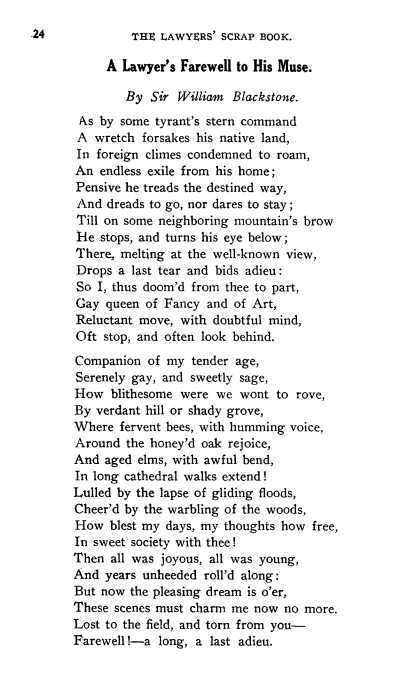
William Matthews
William Matthews, an American poet and essayist, held the position of president at the Poetry Society of America. Before his premature passing in 1997, he released Time & Money, a publication featuring the poem “Negligence.”[6]Louis E. Wolcher, The Poetry of Negligence, 23 LIVERPOOL L. REV. 187 (2001). This article can be found in HeinOnline’s Law Journal Library
Some have speculated that this poem was eerily similar to the case Corrigal v. Ball & Todd Funeral Home. In this case, a mother alleged that she paid the funeral home for an urn containing her son’s ashes, but received only a cardboard box containing bone fragments and remnants of her deceased son’s body.
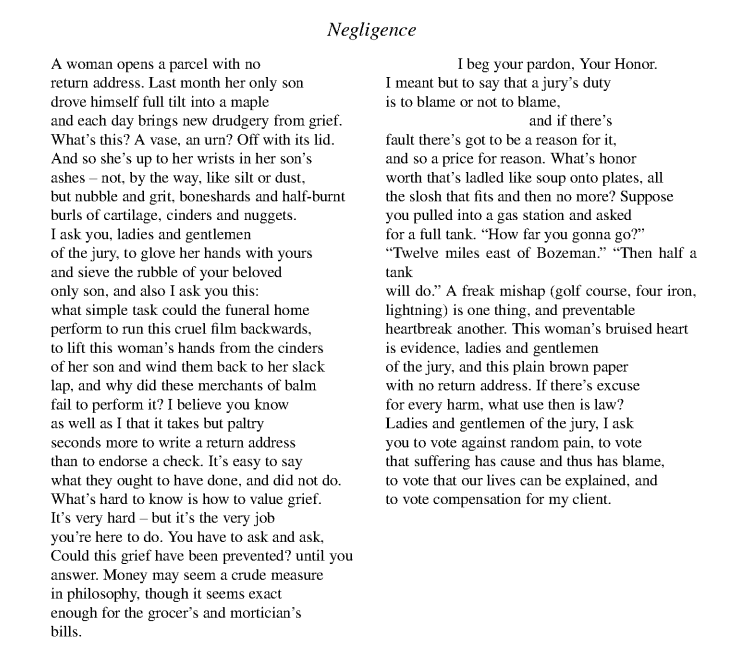
So Long, Reader. You’ll Find More Here.
Who’s afraid of a little old email? If you want more pop culture references, historical content, or even true crime, subscribe to the HeinOnline Blog to get all this content and more delivered to your inbox. Don’t fight the alchemy.
HeinOnline Sources[+]
| ↑1 | Thomas C. Grey, Hear the Other Side: Wallace Stevens and Pragmatist Legal Theory, 63 S. CAL. L. REV. 1569 (1990). This article can be found in HeinOnline’s Law Journal Library |
|---|---|
| ↑2 | Tim Nolan, Poetry and the Practice of Law, 46 S.D. L. REV. 677 (2001). This article can be found in HeinOnline’s Law Journal Library |
| ↑3 | Todd C. Peppers & Mary Crockett Hill, “Destructive to Judicial Dignity”: The Poetry of Melville Weston Fuller, 46 J. SUP. CT. HIST. 148 (2021). This article can be found in HeinOnline’s Law Journal Library |
| ↑4 | Michael Stanford, Poets on Lawyers, 27 LAW & LITERATURE 49 (2015). This article can be found in HeinOnline’s Law Journal Library |
| ↑5 | William Blackstone, A Lawyer’s Farewell to His Muse, 2 LAWY. SCRAP BOOK 24 (1909). This article can be found in HeinOnline’s Law Journal Library |
| ↑6 | Louis E. Wolcher, The Poetry of Negligence, 23 LIVERPOOL L. REV. 187 (2001). This article can be found in HeinOnline’s Law Journal Library |

